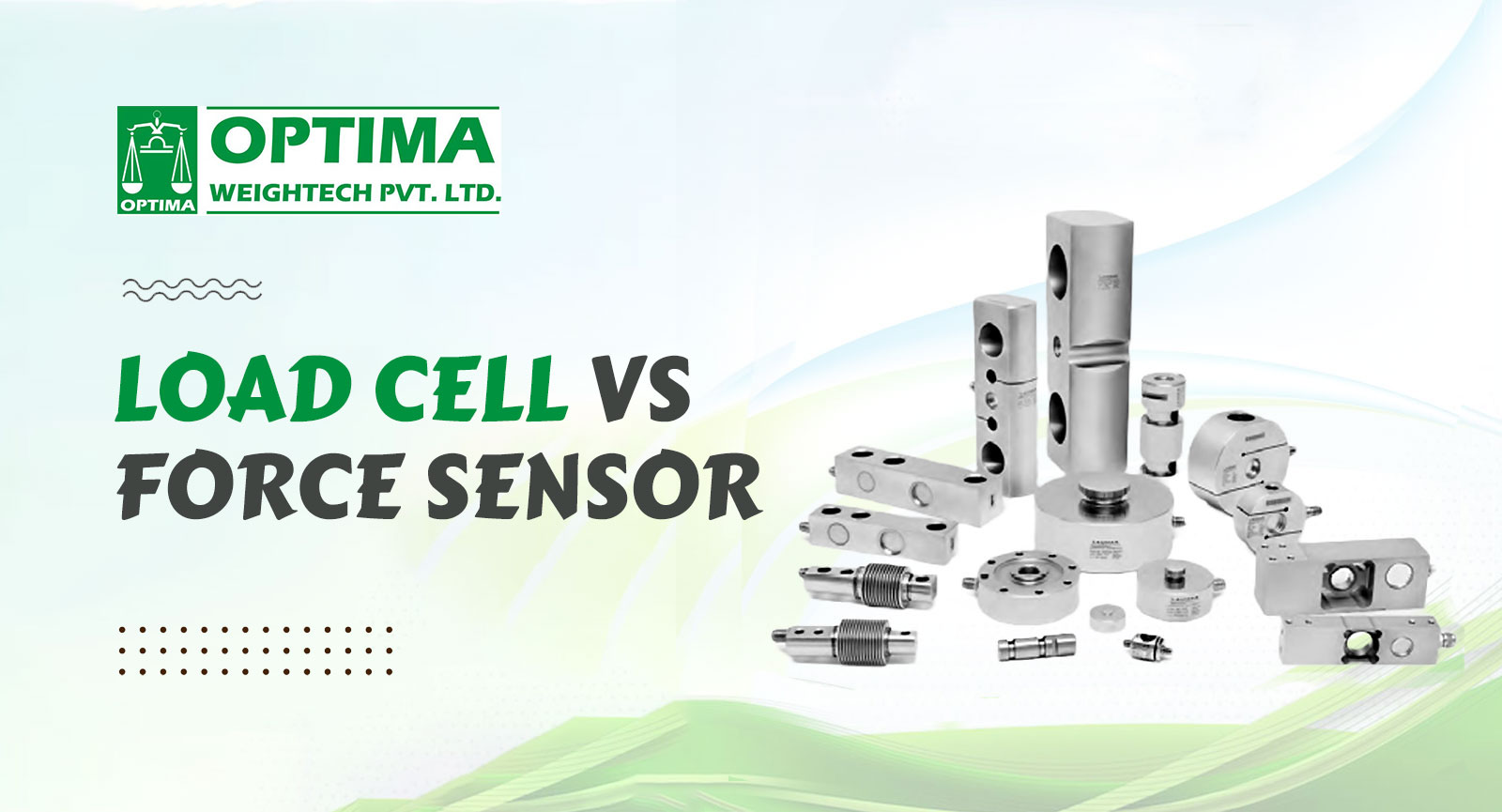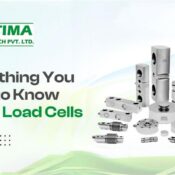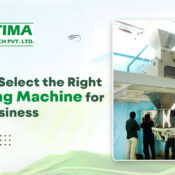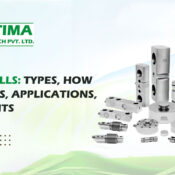
Load Cell vs Force Sensor
The two words are frequently used as synonyms, but they refer to two different products, which you will understand in this article.
What is a load cell?
Load cells are used to determine force and load in weighing machines. They are a kind of force sensor used for weighing on scales that are calibrated in grams, kilograms, and tons.
Here are many types of load cells:
Platform load cells
These are the most common load cells found on the market. They are hermetically sealed and can measure off-center loads, which is useful when designing scales. Platform load cells are used in low-capacity weighing systems. They are used in counting scales, general weighing scales, pricing scales, industrial scales, and packing machines.
Shear beam load cells
Shear beam load cells have a low-profile design and may be fitted into constrained spaces. Some types are corrosion-resistant and suitable for severe settings. Shear beam load cells are employed in OEM applications, as well as multi-cell applications including tank weighing and industrial process control. They are also used for force measurements, static weights, and dynamic weighing.
Miniature load cells.
Miniature and subminiature load cells are compact and low-profile. These load cells are ideal for applications requiring little space.
What is a force sensor?
A force sensor typically consists of two pieces. On the one hand, it has a spring body that deforms in response to the force being measured. On the other hand, there is a gadget that measures deformation.
Here are several types of force sensors:
S-Type Force Sensors
S-type force sensors are named because of their shape. These sensors provide outstanding performance in both tension and compression applications. They have a long lifespan and a small form. Many S-type sensors can also be ATEX-certified. This allows them to be utilized in dangerous settings. Container and truck scales, tank scales, and inventory monitoring are all applications of S-type force sensors.
Tension and compression force sensors
Most load cells may be classified as compression load cells. Tension/compression force sensors are tiny cells that can withstand large loads. They are especially well-suited to industrial applications requiring great dependability. Sensors are often employed in platform scales, hopper scales, automobile tests, chain scales, and electronic weighing machines.
What’s the difference between a load cell and a force sensor?
Tensile and compressive forces are monitored using a force sensor during deformation. A load cell is a type of force sensor that is used to weigh using scales. Load cells weigh kilos, whereas force sensors are calibrated in Newtons. However, a load cell is commonly used as a force sensor.




